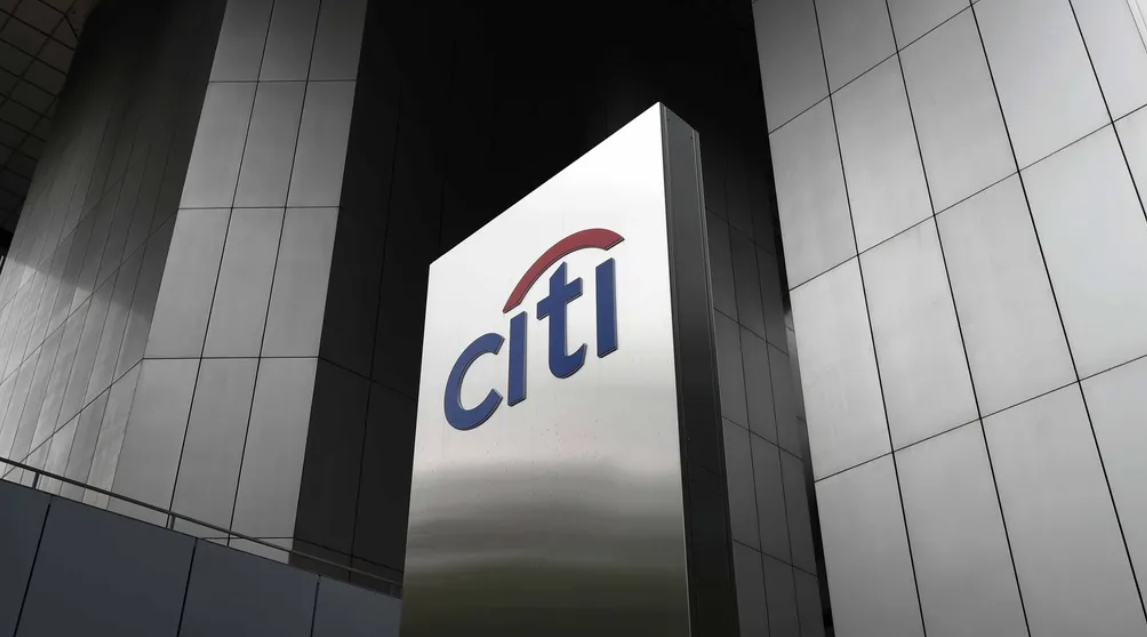The release of October’s Consumer Price Index (CPI) report has sparked conversations and concerns about inflation. In this article, we dive into the insights provided by financial experts, exploring their analyses and interpretations of the CPI data to better understand the current state of inflation and its potential impacts.
The Numbers:
Before delving into expert opinions, let’s briefly examine the key figures from the October CPI report. The data revealed a notable increase in the overall inflation rate, driven by surges in various sectors, including energy, food, and housing. These numbers set the stage for a closer examination by economists and financial analysts.
Expert Perspectives:
Temporary or Persistent? One prevailing debate among experts is whether the current inflationary pressures are transitory or indicative of a more persistent trend. Some economists argue that supply chain disruptions and pent-up demand from the post-pandemic recovery are contributing to a short-term spike in prices. Others express concerns that these factors may have longer-lasting effects, necessitating a more comprehensive approach to inflation management.
Supply Chain Challenges: Experts unanimously acknowledge the role of supply chain challenges in the inflation equation. Disruptions in global supply chains, exacerbated by factors like shipping delays and production bottlenecks, have contributed to shortages of certain goods. As a result, prices have surged, particularly in industries heavily reliant on international trade.
Housing and Rent Dynamics: Housing costs, including rent and home prices, have experienced a significant uptick, contributing to the overall inflationary pressures. Experts delve into the housing market dynamics, discussing factors such as increased demand, low housing inventory, and the impact of historically low-interest rates on homebuying trends.
Central Bank Responses: Central banks play a pivotal role in addressing inflation. Some experts anticipate that central banks, including the Federal Reserve, may adjust monetary policies to manage inflationary pressures. Discussions about potential interest rate hikes and changes to quantitative easing measures are topics of interest among economists closely monitoring the situation.
Impact on Consumer Behavior: The inflationary environment has the potential to influence consumer behavior. Experts explore how rising prices may affect spending patterns, savings habits, and overall consumer confidence. Understanding these dynamics is crucial for businesses and policymakers as they navigate the economic landscape.
Investment Strategies:
Amidst the discussions on inflation, experts also share insights into potential investment strategies. Some suggest diversifying portfolios to include assets that historically perform well during inflationary periods, such as real assets (real estate, commodities) and inflation-protected securities. Others emphasize the importance of staying informed, regularly reassessing investment portfolios, and maintaining a flexible approach to adapt to changing market conditions.
Conclusion:
The October CPI report has ignited a nuanced discussion among experts about the nature and implications of inflation. Whether this surge in prices is a transitory phenomenon or indicative of a more enduring trend remains a topic of ongoing analysis and debate. As investors, consumers, and policymakers navigate this economic landscape, staying informed about expert perspectives and adapting strategies accordingly will be key to managing the impacts of inflation in the months ahead.


